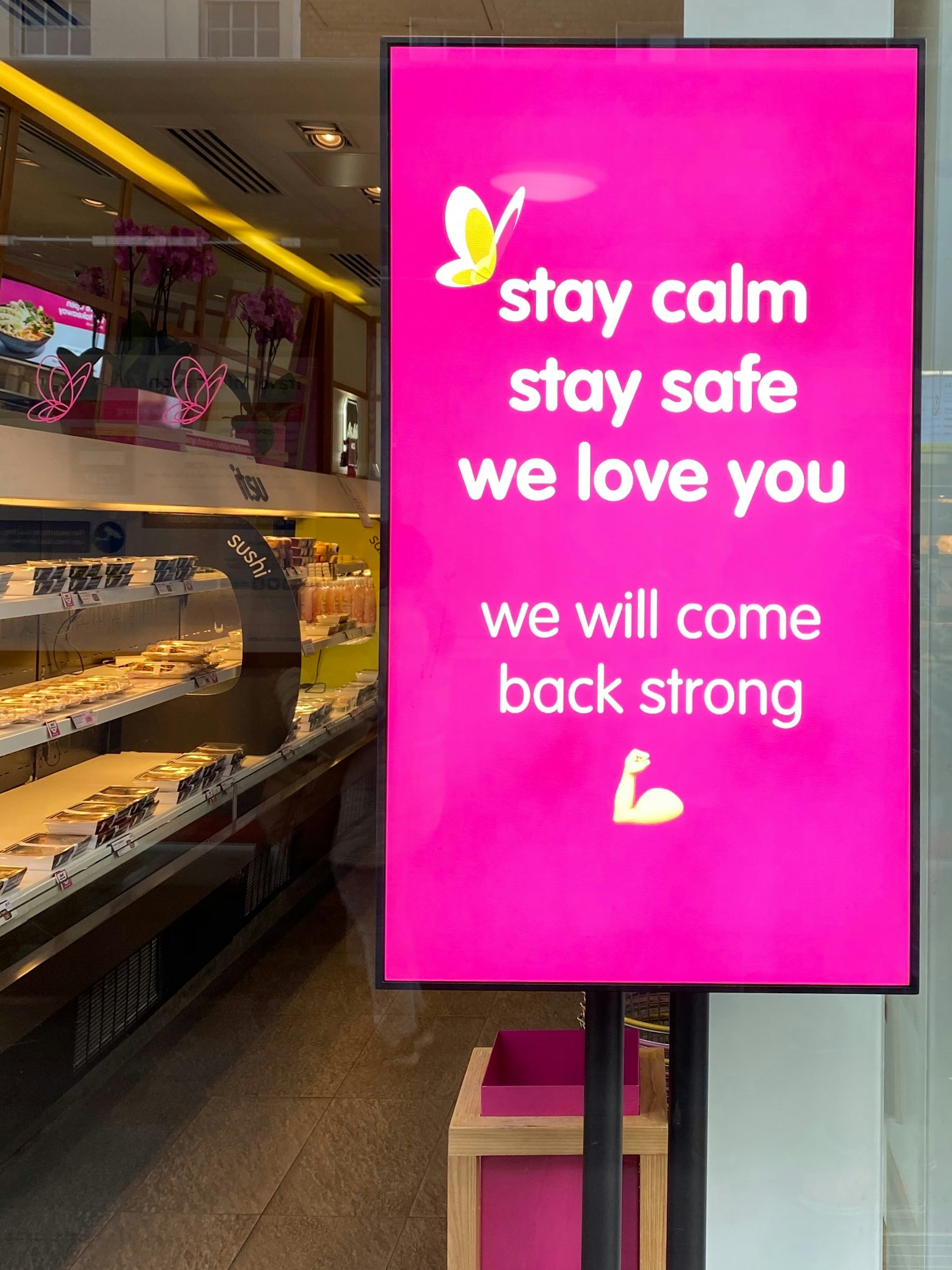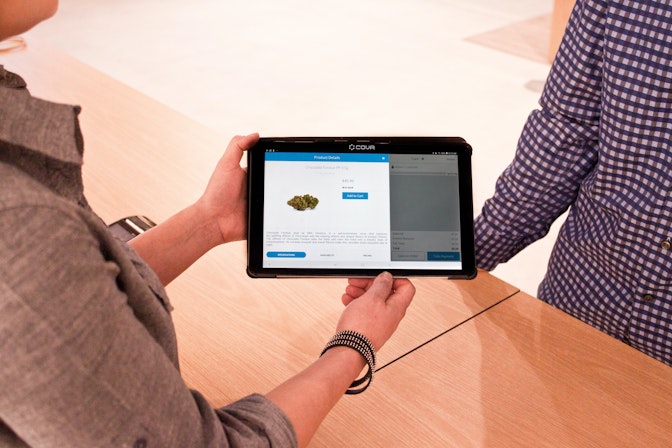In recent weeks, my online business has dropped by 50 percent.
What caused the sudden drop in business? Coronavirus, a black swan event that forced the world into lockdown.
On March 22nd, I woke up and it felt like any other day. I logged in to my various dashboards and got quite a shock. Website visits, blog views, the number of readers, email subscribers, customers who bought my digital products – every stat was down.
The next day, the numbers continued to drop.
The day after, things got worse.
After two weeks my business was completely changed. For the last two years I have sold ebooks, online courses, digital content, coaching services, and consulting to a handful of internet businesses. Each of these revenue streams was affected significantly with the recent world events – and it all happened at the same time.
The first thing I did was turn to the gods of the internet. I messaged people on LinkedIn who had online businesses to see how they were doing. Their results were freakishly similar to mine.
The whole situation was tough to process as a millennial business owner. The last economic downturn I faced was in 2008, when I was a young whippersnapper with a huge ego and a selfish desire to crush everybody in pursuit of success, fame, Lambos, and money. That kid was reborn as a blogger-turned-business-owner who built a profitable online business without a dollar spent on marketing.
The economy may have gone down the toilet in the short-term, but over the last few weeks I’ve found a few ways to cope. Misery loves company, so let’s dig in.
Collaborate (rather than isolate) with other online businesses
The big secret to my online business is collaboration.
Most of what I have achieved online is a result of silent partnerships with other businesses that happen behind the scenes. The worst thing you can do in an economic downturn is not just isolate yourself, but isolate your business from others in your industry.
In times like this, you need to find additional ways to make money. It’s hard to do this all by yourself. When my business dropped significantly, I reached out to other businesses just like mine. I scheduled several video calls each week to get outside perspective and look for affiliate deals or cross-promotion.
The simplest form of collaboration I came across was sharing my email list with other entrepreneurs. In doing so, they opened their list to me. All of a sudden there were more customers to sell to. The way I communicated with my list changed, too. I learned tips and tricks when it comes to copywriting, email subject lines, images and sharing links.
My favorite lesson was this: emails are most effective when they contain one link. Just like landing pages, only allowing email subscribers to take one action – clicking a single link – focuses their attention and increases conversion rates.
Collaboration is underrated in an economic downturn. Use it to your advantage. You may just find your competitors become your best friends in business.
Drop the pet projects that don’t make revenue

All the pet projects that didn’t contribute revenue have been axed.
Case in point, podcast interviews. Podcasts take time and often all they give you is the promise of “exposure.”
But exposure doesn’t pay the bills, man.
I need the Benjamin Franklin variety of payment to keep the freelancers – who design, write, and maintain my digital assets – employed, and to keep my family alive and fed. Those nice-to-have projects have got to go so you can focus on covering your business expenses and serving your customers.
Empathy marketing

What is empathy marketing? It takes many forms.
Basically, in an economic downturn, many people are going to suffer, including your customers. Empathy marketing is about getting in your customers’ shoes and thinking about how they’re feeling.
Think about the touchpoints they have with your business and how you can make them easier during difficult times. Think about little things you can offer your customers to show them you care.
Here are some examples from my personal life:
- My health insurance provider waived their annual increase
- My bank offered financial assistance to small businesses doing it tough
- My internet provider gave me 20GB extra data, for free, to help with the forced requirement to work from home
- My shipping provider came up with a way to deliver without needing a signature, yet still being secure
Celebrities did their part too. Jay Shetty used some of the resources from his business to run daily online meditations to keep people calm. The 90s band Backstreet Boys took time away from the music business to do living room concerts for free to help people take their minds off the economy. TV hosts like Jimmy Fallon did their shows from home using a low-cost video camera to give people relief caused by the economic situation.
All of these examples show empathy. They show an understanding of what humans are going through and offer a little something for free to make life just a little bit easier.
When world events go back to normal, the businesses that will be remembered are the ones who stood out during the tough times.
Spend a small amount of your business’ money or time on being empathetic – it’s a form of marketing that will build your company’s brand for years.
Watch your mental health

When the economy goes into cardiac arrest, as it does roughly every five to seven years, your mental health can quickly go down.
As a former anxiety sufferer, I know this all too well. There have been no relapses in more than five years, but that doesn’t mean I’m not still guarding the door to my mind every single day.
Seeing businesses close or loved ones lose their life savings is never pleasant. Without even trying to, you can find yourself imagining you are these people and it’s you enduring that experience.
A few ways I’ve found to calm the storm are:
- Turn off your social media notifications
- Avoid over-consuming commentary about the economy
- Experiment with a meditation app
- Go for walks at lunchtime and get out of your office
With your mind intact, you can fight the economic downturn and win.
Cut costs like a tight-a**

A downturn is not the time to be romantic, as Gary Vaynerchuk would say. When my business started to tank, I had to act fast. The subscription economy was the easiest area to cut costs.
I ripped the head off any subscriptions that wouldn’t help my business survive. The easiest way to do so was by email – that way my emotions wouldn’t get in the way.
One of those subscriptions was my gym membership, which helped keep me fit so I could have energy to be in business. I had become attached to the owner of the gym but due to the lockdown, the membership was no good to me. Exercising after a long day of work was no longer an option. Yes, it would hurt his business – everybody was canceling their membership, after all. But in these moments, sometimes, you got to say to yourself, “It’s either their business or mine.”
To remove the human connection, I sent off an email and politely asked to cancel and be released out into the wilderness of home fitness.
Ruthlessly cut costs. Cut all expenses if you have to and, later, add back the ones you absolutely need to survive.
Finally, an economic downturn is a huge opportunity
Dealing with an economic downturn as an online business is never easy. It takes every bit of grit, determination, humility, and courage you have to fight it. You can absolutely win the fight, though. I’m proof!
The economy will recover from this downturn. The world may not ever be the same again, and that could be an amazing opportunity for your business.
Show your customers empathy, cut costs, manage your mind along with your business, collaborate more than ever, and see the light that follows the darkness.
Dealing with an economic downturn is challenging but you can make it through to the other side and be better for it. Don’t give up. Keep going.




